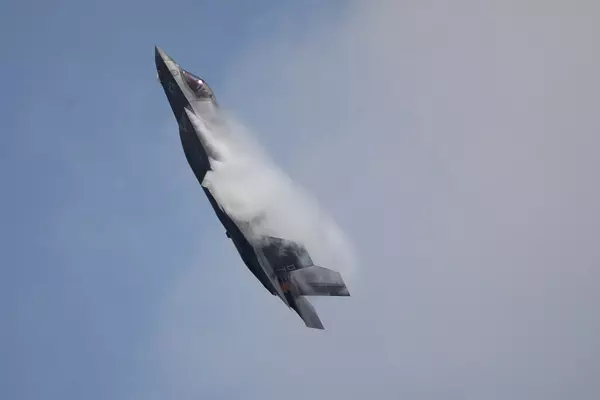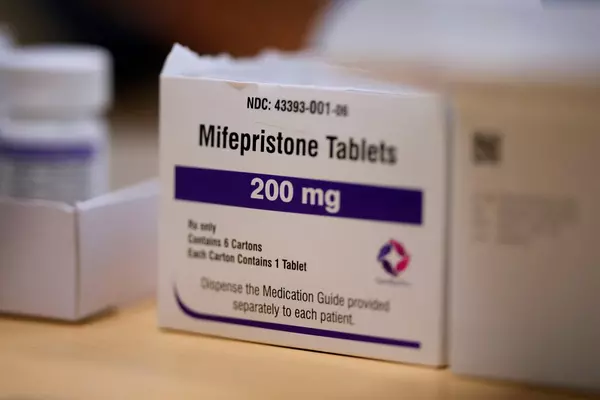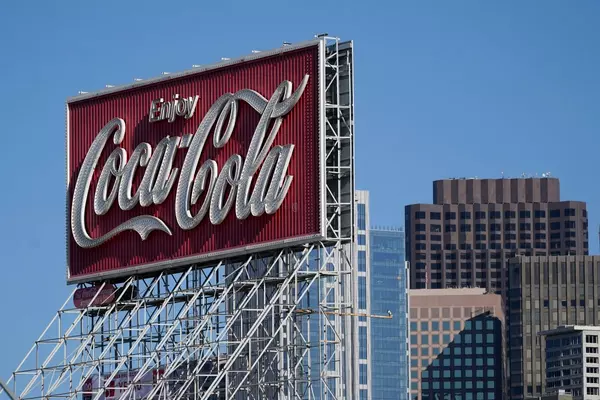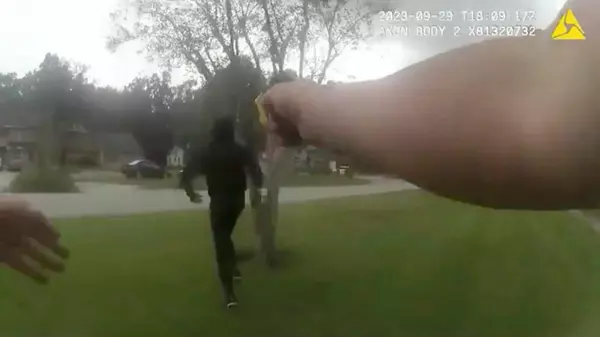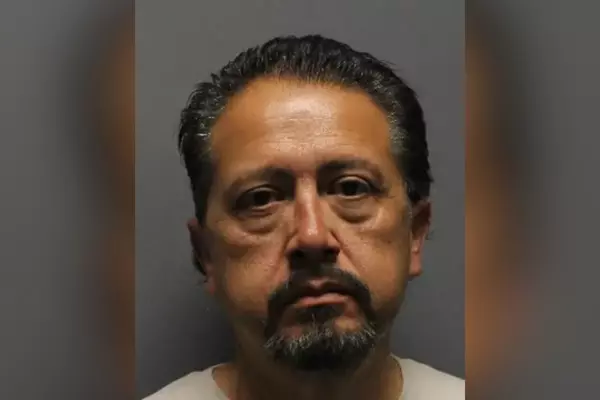
Former President Donald Trump plans to argue in his upcoming New York hush money trial that he committed no wrongdoing because lawyers were involved with the alleged misconduct that brought about his indictment, according to a filing made public Tuesday.
Attorneys for the former president said in the filing that part of his defense will be that he "lacked the requisite intent to commit the conduct charged in the indictment," according to NBC News.
“While President Trump intends to elicit evidence concerning the presence, involvement and advice of lawyers in relevant events giving rise to the charges in the Indictment, he does not intend to assert a formal advice-of-counsel defense," his lawyers wrote.
The filing came in response to an order from presiding Judge Juan Merchan to notify the Manhattan district attorney's office by this week if they intended to use the advice-of-counsel defense, which Trump had previously said he planned to do. The district attorney's office requested that notice, according to NBC News, because that argument would entitle them to more information about Trump's correspondence with his attorneys.
But the notion that "since there were lawyers representing him, he could not commit crimes" that Trump seems to be arguing is "illogical, nonsensical, and laughable," Bennett Gershman, a law professor at Pace University and former New York prosecutor, told Salon.
"It’s not exactly clear what Trump is arguing," he said, adding: "Is he arguing that because lawyers were involved he did not or could not violate the law? That is a nonsensical argument. It’s a non sequitur. What lawyers is he referring to? Why would the presence of lawyers be a hindrance or obstacle to Trump committing crimes?"
Manhattan District Attorney Alvin Bragg indicted Trump last March on 34 felony charges, alleging he concealed a $130,000 payoff his then-attorney Michael Cohen gave adult film actress Stormy Daniels days before the 2016 presidential election to prevent her from going public about a sexual encounter she said she had with Trump in 2006. The former president has denied sleeping with Daniels but did acknowledge repaying Cohen. He has pleaded not guilty, and the trial is slated to begin jury selection on March 25.
Bragg's case against Trump is "quite strange" because the former president is being charged with trying to cover up a crime, but not being charged with the crime itself, Gregory Germain, a Syracuse University professor of law, told Salon.
"The D.A. has very strong evidence that Trump was trying to cover up the payment," he said. "Whether his reason for the coverup was to hide a campaign finance crime, or to avoid personal or political embarrassment rather than to cover up a crime, is the main weakness in the case" that prosecutors will have to address at trial.
Prosecutors from Bragg's office accuse Trump of falsifying the records surrounding his payments to Cohen. Two of three theories the prosecution has raised to show an underlying crime and warrant felony charges argued that Daniels' hush money payments amount to an illegal contribution to Trump's campaign, violating federal and state election law, according to Politico. The third claims Trump intended to breach New York tax law "by inflating and falsely characterizing the reimbursement to Cohen to manipulate its tax consequences."
"Trump was surely aware that he was covering up the payments in a convoluted way," Germain said. "Whether his lawyers suggested the arrangement or not doesn't change the fact that he knew it was a coverup. But covering up what he thought was a legal payment is not a crime."
In employing the advice-of-counsel defense, "whether lawyer advice is an excuse depends on what the defendant knew and intended," he added.
A formal advice-of-counsel defense intends to show the defendant is "innocent of wrongdoing" because he was acting on the advice of lawyers, Gershman explained. Raising the defense would require Trump to prove he "fully disclosed his actions" to his counsel, requested their advice and was informed his conduct was legal, and then acted on the guidance in "good faith belief."
To raise the defense, the former president and the involved lawyers would "certainly have to testify to the advice and that he relied on it," Stephen Gillers, a New York University professor of law, told Salon.
Trump would have to waive his attorney-client privilege with any lawyer who provided that advice or contrary guidance even if he doesn't mention them in testimony, Gillers explained. Those lawyers could then be called as witnesses and asked about their communications with Trump, subpoenaed for relevant documents and asked to turn over the research that led them to offer the advice.
In Tuesday's filing, Trump's lawyers said they would ask ex-Trump attorney Michael Cohen and others involved in the Daniels discussions about Trump's "awareness of counsel's involvement," NBC News reported. But because they're not using a formal advice-of-counsel defense, they don't need to provide Manhattan District Attorney Alvin Bragg with more evidence, they said.
The move could also be an attempt for Trump and the lawyers to avoid having to testify at trial, "but it won't work," Gillers argued. Trump would have to take the stand to raise the defense unless the judge were to allow its employment with lawyers' testimony alone, "which is not likely."
That result would still require Trump to waive his attorney-client privilege and the lawyer to endure "intense and probably embarrassing, even humiliating, cross-examination and subpoenas," he added.
Gershman, Germain and Gillers all agreed that nothing will come of the Trump legal team's defense filing. The argument is "completely irrelevant," and Trump has "zero chance" of actually taking the witness stand, Gershman said.
The claim is also so "bizarre" that it's unclear how Judge Merchan will respond to it, he added.
Merchan may allow Trump to make the argument to the jury, but it isn't poised to be "very persuasive," Germain said, noting the judge doesn't have much to rule on with this matter.
"Trump wants to make an argument that he didn't previously plead," Germain said. "Courts are quite liberal in allowing amendments to pleadings. So the judge will probably let him make the argument. But it doesn't stop the case from going forward."
